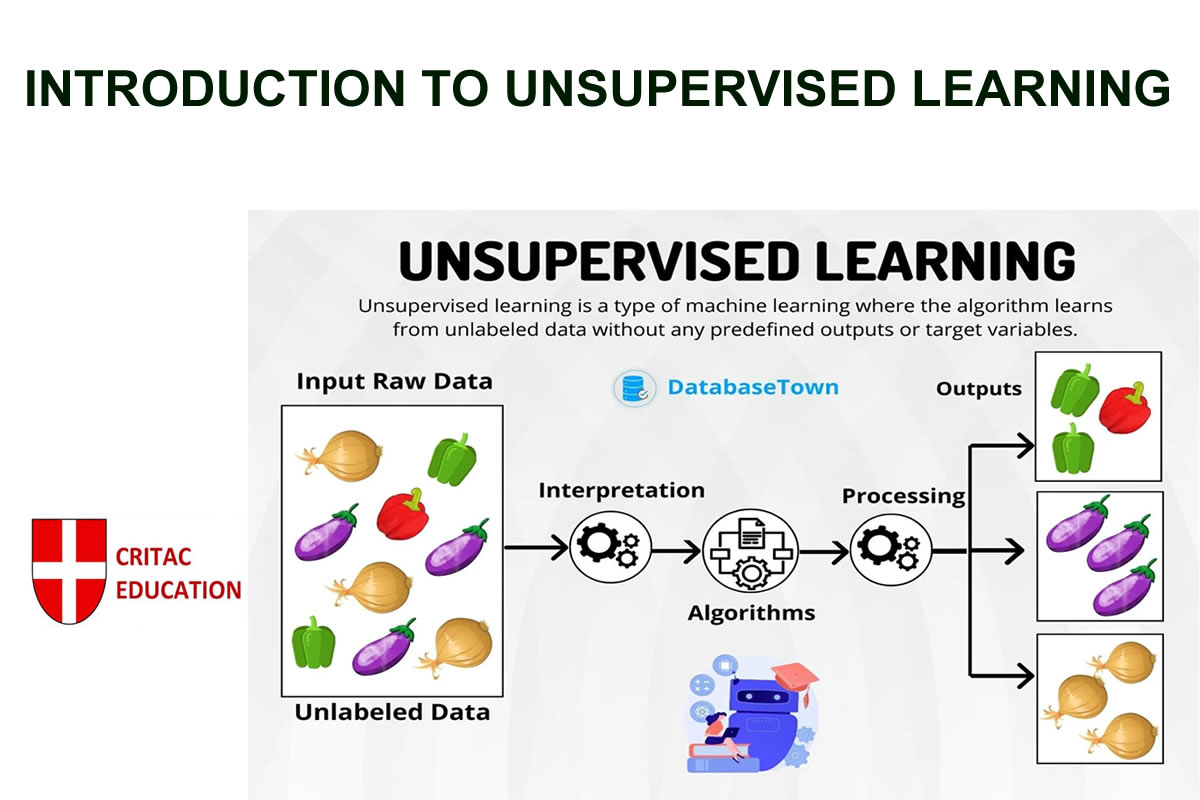The "INTRODUCTION TO UNSUPERVISED LEARNING" course provides a comprehensive overview of the principles, algorithms, and applications of unsupervised learning in machine learning. Through this, participants will explore the foundational concepts of unsupervised learning, including clustering techniques, dimensionality reduction, association rule learning, anomaly detection, and generative models. The course also covers evaluation methods for unsupervised learning models, challenges inherent in unsupervised learning, and real-world applications across various domains. Additionally, participants will discuss emerging trends that are shaping the future of unsupervised learning.
Who This Course Is For: This course is designed for students, professionals, researchers, and enthusiasts interested in gaining a solid understanding of unsupervised learning methods and their applications. It is suitable for individuals with diverse backgrounds, including those in computer science, data science, engineering, and related fields. Whether participants are beginners seeking to explore unsupervised learning for the first time or experienced practitioners looking to deepen their knowledge, this course offers valuable insights and practical knowledge applicable to a wide range of industries and domains.
